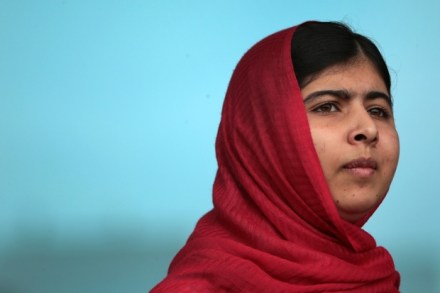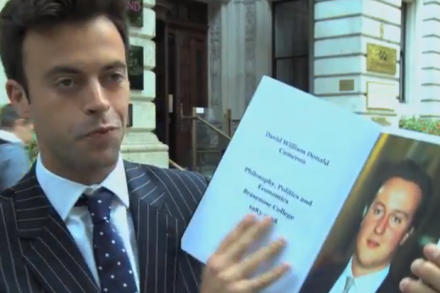Malala for free schools
That Malala Yousafzai, the girl the Taleban tried to murder, is a brave and resolute young woman is not in doubt. The youngest person ever nominated for the Nobel Peace Prize, she has won many awards, including the Sakharov Prize and an honorary degree from Edinburgh University, in her campaign for ‘the right to -education’. But something curious is going on. Something crucial to her experience is always omitted when her life and mission are described by international agencies and the media. Education International, the global teachers’ union umbrella group, is typical. Malala is campaigning, they say, so that all can benefit from ‘equitable public education’; that is, government education.




















